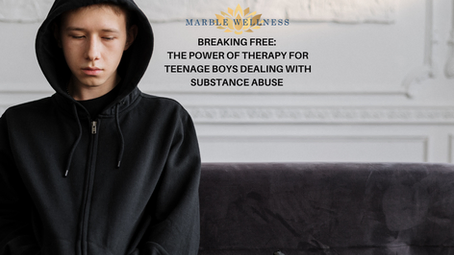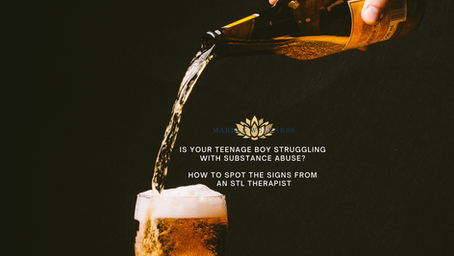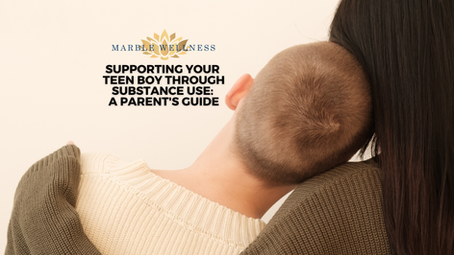I love that MOPS groups abound. That sense of community and solidarity is so pivotal to all of us as humans, but especially to women, and especially to moms. Being able to get together during those toddler years is a life-saver to so many. Because the toddler years are TOUGH!
You know what else is tough? The teenage years!!! So why aren’t there any Moms-of-Teenagers (MOTS) groups? I feel like moms of teenagers just as much need that group of moms who are also saying “how much sleep is normal?” and “Wow. I couldn’t keep track of the eyerolls from my 13 year-old.”
Maybe it’s because moms have more likely settled into some community by the time their kids are teens? Maybe they’ve found solidarity with the parents of the kids on the same team. That aside, I feel like there’s still a fair bit of “something missing” for a designated space for the conversations and comradery that is raising teenagers. And most importantly, for someone to give you some insight on just what the heck is happening in your teeangers’ brain and body.
Well, let me see if I can help just a little.
*Please note: there are a host of parenting skills that go into raising a teenage. The below information is intended to give some perspective into your teen’s experience during these years and to give you just a few, basic tips that can be easily implemented and with a few weeks of doing so, could provide some positive impact to your relationship with your teen. Additionally, the information below does not in full apply to extreme behavioral issues, especially if those behavioral challenges are dangerous to the teen or your family. The below tips are for what would be considered the run-of-the-mill dealings with your angsty teen.*
Your teenager is essentially PMS-ing every single day. I mean that in the sense of their chaotic emotional state due to wildly fluctuating hormones.
Recall your last intense PMS experience. You go from fine to deeply annoyed at something that hasn’t even happened to sad about the dog to angry about <insert something about your partner here> and then you’re crying and eating horrible food. It’s awful! Now, imagine someone walking into your house and questioning why you’re in a bad mood. “Well, I don’t know, Jerry!!!”
Remember how some of you used to call those same children “emotional terrorists” during their toddler years? Your teenager isn’t quite that but they are this: a deranged inmate in hormonal prison.
That said, your teenagers are tall toddlers in these regards:
- They don’t know how to express their emotions because they don’t understand them.
- A significant amount of their irrational anger can be addressed by:
- Feeding them
- Engaging them
- Ensuring good sleep hygiene
- They need and crave boundaries -though they’d be loathe to say it, or even consciously recognize it.
- There are going to be days their behavior is expressive of love and days it is not. This is because they are gaining independence and learning how to navigate even the safest of relationships (the one with mom) and they need room to do that if you don’t want to be making their doctors’ appointments when they are 24.
Here are a few action items from a St. Louis, MO Therapist to encourage parents to incorporate to their interactions with their teens.
These tips are meant to minimize the “against” feelings you sometimes (often) have while interacting with them during teen years, which preserves your own emotional stability and supports your ability to be patient.
Assume good intention
Your teenager probably doesn’t like the out-of-control feelings they are having. Don’t always assume they are hurling bad words and bad behaviors because they are out to make your life miserable.
Be consistent
Spend fifteen minutes with them one-on-one every day. (I actually encourage this during all years they are living with you.)
Invite them to do things with you
Even if that’s just running errands. Better yet, invite them to make small decisions (where you’re going to get the pizza tonight, which flowers to plant this spring, etc). If you invite them to be a part of your life, they will continue to invite you to be part of theirs.
Introduce other safe adults to their lives
Encourage those relationships. Your teen might not always feel comfortable talking to you. And that’s ok! If you have a neighbor, or sibling, or church member, or just really close lifelong friend that can be in their life, you’re still doing the right parenting thing! You’re providing an adult that can be a safe haven for them, to continue to guide them to a path of good decision-making. It might feel tough sometimes if your teen tells this other adult something you would have loved to hear first, and I completely understand that. But what a wonderful gift you are giving them, and a peace of mind you are giving yourself.
And now, a word about consequences….
When your teen gets in trouble, no matter the severity of their action, just remember these few things about the consequences they get:
You do not have to make a consequence on the spot!
They are of the age now that they can correlate behavior with consequence, outside of a direct time sequence. You are allowed to say “We are going to decide a consequence later.” That gives you the opportunity to settle down and not end up “grounding them for life” which makes you have to renegotiate that anyway, and it let’s them stew in allllll the possibilities for awhile.
Ask them what they think the consequence should be.
So often, kids end up sentencing themselves to Siberia. When that happens, you get to be “the good guy” to a degree, because your punishment is less severe than that! And it gives you the opportunity to seem “nice.” (And teenagers don’t think their parents are nice all the time—so take a win!)
Always remember this: consequences you give them should not be something that is a consequence to you, too.
You weren’t the one breaking the rules! It’s their life who should feel interrupted so they can learn the lesson.
..And remember, just like in toddler years, this too shall pass.
Talk to you soon!
If you’ve been struggling with parenting and you want to take the next steps towards healing, please reach out to us at Marble Wellness and let us help you heal.
Start Therapy for Maternal Mental Health in St. Louis, MO
If you live in St. Louis and are ready to start your journey to a calmer life, we are here to help.
Whether it’s overwhelm, anxiety or depression that is robbing you of thriving in your life, our Marble Wellness therapists can provide in-person or virtual sessions to help you. We also offer park therapy! You can reach out to us on our website, request an appointment online, or give us a call today to get started. Please reach out to us and we will help get you started as quickly as possible.
Contact Us!

Additional Counseling Services at Marble Wellness in St. Louis, MO and Chicago, IL
Counseling services designed to help set you on a path of living a more fulfilled, calm, and happy life. We specialize in anxiety, depression, grief, chronic illness, therapy for men, couples, and maternal overwhelm. We can also help new moms with various postpartum concerns, moms in the thick of parenting, and moms with teens. We can also chat from wherever you are in the state with online therapy in Missouri and online therapy in Illinois. No matter where you are in your journey, we would love to support you.



